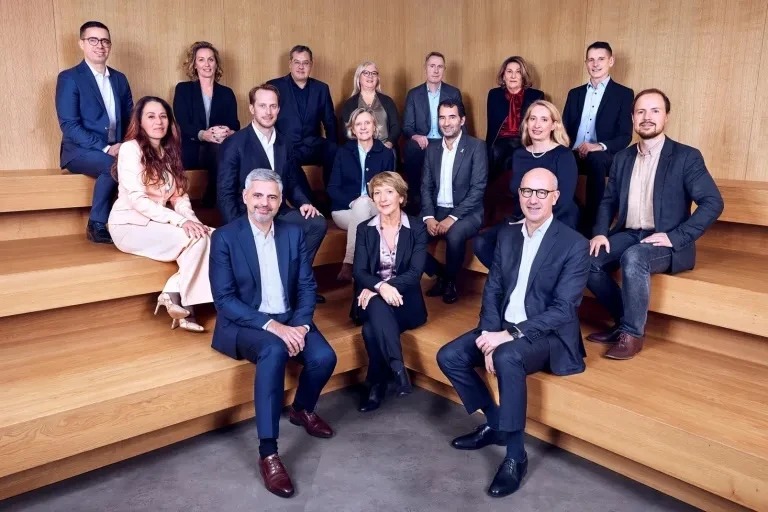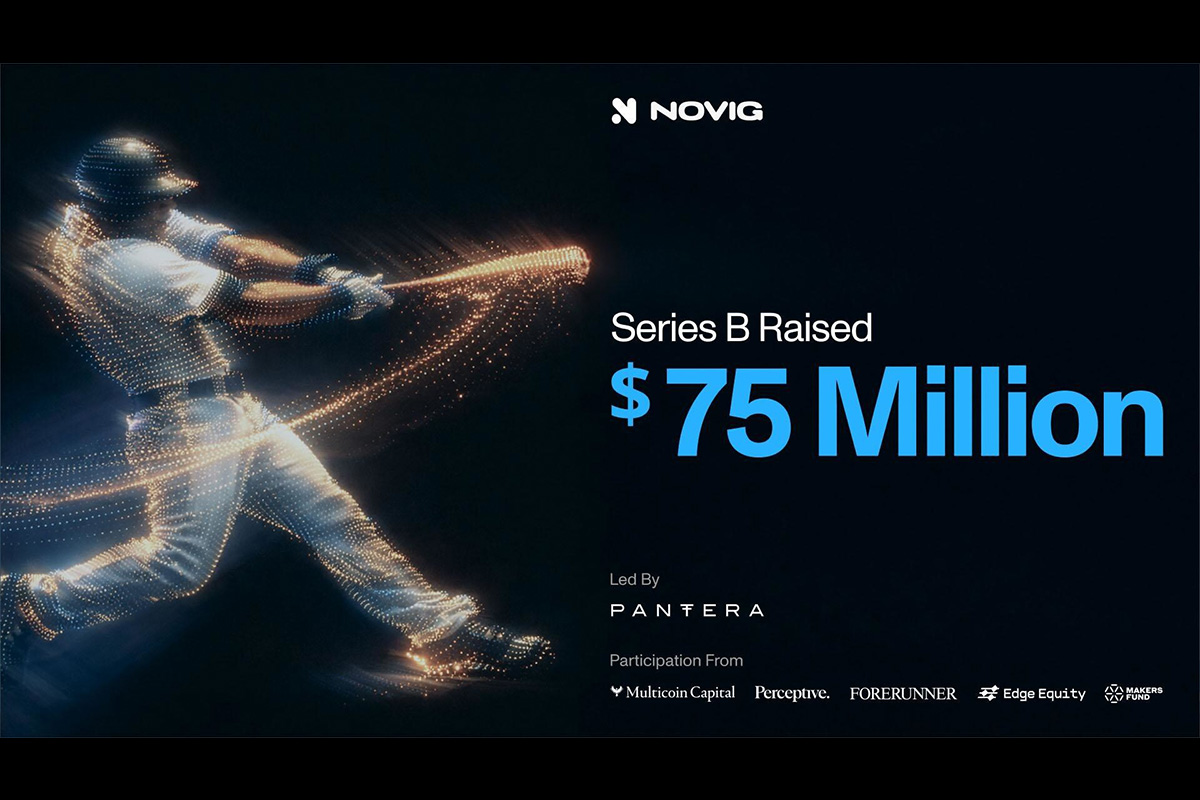Industry News
Germany to Officially legalize online gambling and poker

Germany’s relationship with online gambling has been in a grey area for quite a long time. It was largely illegal, except for about 20-something operators who had permission. There were not many legal gambling sites in Germany, and the process of obtaining a license was extremely hard and complicated.
According to a new regulation that will take place starting the 1st of July, Germany will be legalizing online casinos and poker officially, on a state level. The legislation was passed at a meeting in Berlin.
When will it go into effect?
The changes will be implemented slowly as the regulatory body Glücksspiel Neuregulierung Staatsvertrag /GlüändStv/ will be instantiating online casinos and poker among legal ways to gamble online.
As of now, only sports betting will be allowed for companies who obtain the license from Darmstadt Regional Council, for which 30 companies have already submitted an application, and about the same number is allegedly making plans to do so in the near future.
What do you need to know?
Sports betting will also be one of the subjects that will undergo some changes with new guidelines. Mainly, live betting will be limited to a degree, specifically how the bets are made on final results and the next scorers.
Besides poker and sports betting, most other casino games will be fully allowed as well, including the oft-desired slots which are very popular all around the world. Due to their popularity, slots will come with some very strict guidelines that need to be followed by each and every casino offering them. As an example, the maximum bet per spin will be limited to €1, along with a mandatory €1000 deposit limit. Slots will also need to be advertised and offered separately from all other table games, and they may not be advertised between the times of 6AM and 9PM.
One of the main advantages that this change will bring is the safety of the consumer. As stated, online gambling is a grey area in many countries, and that includes Germany. The government officially stepping in to regulate the environment ensures that people may safely try out a lot of different casinos. Comparing the best casino bonus codes is something that many gamblers use as a main deciding factor for choosing an online casino, but what they often miss is the safety aspect of it, meaning how trustworthy and legitimate a casino is. There’s also the issue of reliability of the software itself, payment processing and more. With the government officially setting standards, the bar will be much higher, ensuring higher overall quality for all players.
While these regulations are in place for the consumer’s protection and are made with the best intentions in mind, many in the gambling community, and also from the regulatory environment as well, are quite discontent with these changes. The German Sports Association (DSWV) president responded that while this was a good and positive step towards modern and regulation-compliant gambling market, these changes also may lead to some “undesirable structural developments”, which may pose challenges for future regulations.
The primary concern that many experts have risen is that these changes and regulations may lead people to search for other international options where limits are much higher. This results in an increased risk of playing at websites that are, to an extent, shady, or worse – illegal. Benevolent as they may be, how these regulations turn out to work will only be shown by time, but for now, experts are optimistic in their anticipation.
Celia Verot
FDJ UNITED Announces Changes to its Executive Committee

FDJ UNITED makes changes to its Executive Committee, with the appointment of Pascal Chaffard as Chief Online Betting and Gaming Officer as well as Group Strategy and Operational Transformation Officer, and Celia Verot as General Secretary.
Currently Chief Financial Officer, Strategy and Performance leader, Pascal Chaffard is taking over as head of the Online Betting and Gaming business unit. Pascal Chaffard will also be responsible for the Group’s strategy and operational transformation.
As Chief Online Betting and Gaming Officer, Nils Andén has overseen Kindred’s integration into the Group since October 2024; he is leaving the company to pursue new projects.
The appointment of the new CFO will be announced at the end of the recruitment process currently under way.
In addition, Celia Verot, who joined FDJ UNITED in 2024 as Chief Regulatory Officer, was appointed General Secretary, General Counsel and Chief Regulatory Officer for the Group on 1 January.
The post FDJ UNITED Announces Changes to its Executive Committee appeared first on Eastern European Gaming | Global iGaming & Tech Intelligence Hub.
Industry News
Novig Raises $75M Series B to Build a Trader-First Sports Prediction Market

Novig, the fastest growing sports trading platform in America, announced the close of a $75 million Series B round led by Pantera Capital, with participation from Multicoin Capital, Makers Fund, Edge Equity, and existing investors Forerunner, Perceptive Ventures, and NFX. The round brings Novig’s total capital raised to more than $105 million.
The funding follows a period of growth for the platform, which reported a 10x increase in trading volume during 2025. Novig’s annualized trading volume currently exceeds $4 billion.
Although sports account for the majority of activity on most prediction market platforms, those products are not built with sports traders in mind. Novig, by contrast, is built for sports fans, delivering a fair, transparent, and commission-free trading experience.
Since launch, the platform has rapidly emerged as the leading sports trading platform in the US, proving strong demand for a trader-first alternative to traditional sportsbooks. Novig has officially submitted its application to the Commodity Futures Trading Commission (CFTC) to become a licensed Designated Contract Market (DCM), a critical milestone in its transition toward becoming a federally regulated exchange available in all 50 states.
Unlike sportsbooks that operate an against-the-house model, Novig operates a commission-free, peer-to-peer exchange where traders compete against one another on a level playing field. By eliminating the hidden “vig,” unfair odds, and punitive limits on winning players, Novig has built the industry’s most equitable sports prediction platform.
“Our mission is to democratize and financialize sports markets, and we’re proud of the fact that Novig users are 10 times more likely to win than on traditional sportsbooks,” said Jacob Fortinsky, Co-Founder and CEO of Novig.
“We chose to partner with the best crypto venture firms in the world to further accelerate our plans to make Novig the most efficient and liquid sports prediction market in the world. Others are using prediction market technology to financialize new markets with unproven demand. We leverage it to fix broken markets where demand already exists.”
“Novig is proving that prediction markets can fundamentally reshape sports betting by removing the exploitative middleman,” said Paul Veradittakit, Managing Partner at Pantera Capital.
“Their peer-to-peer exchange delivers what traditional sportsbooks can’t: better odds, fairer market structure, and alignment between platform success and user profitability. When 23% of users are profitable compared to 2% on traditional platforms, it’s clear this is a foundational change to the industry. We’re excited to lead this round and support Jacob, Kelechi, and the team as they build a sports prediction market that actually puts bettors first.”
“Novig combines the cultural heartbeat of sports with the transparency and efficiency of prediction markets. Most prediction market volume today is on sports, yet those platforms weren’t built with sports or sports bettors in mind. We are delivering a better exchange that is built by sports traders, for sports traders,” said Co-Founder and CTO Kelechi Ukah.
The new capital accelerates Novig’s next phase of growth, including onboarding more institutional liquidity. Novig will utilize the investment to deepen product innovation and growth loops, launching first-of-its-kind functionality that combines the best innovation of financial markets with the excitement of live sports.
To support its next phase of growth, Novig has expanded its team to more than 50 personnel, including operators, engineers, and traders focused on developing the platform’s prediction market infrastructure and transparency features.
The post Novig Raises $75M Series B to Build a Trader-First Sports Prediction Market appeared first on Americas iGaming & Sports Betting News.
Gaming Laboratories International
GLI Promotes Patrick Cottingham to Director of Client Services, North America

Gaming Laboratories International (GLI) has promoted Patrick Cottingham to Director of Client Services, North America. Previously, he served as Senior Manager of Client Services. Prior to commencing his career as an engineer with GLI, he served with the US Air Force.
Cottingham’s dedication to his clients was clearly evident both inside and outside of GLI. He transitioned to the Client Services team where he progressed and built a team laser focused on providing the very best customer service where his and his team’s clients have benefited from his engineering and gaming experience.
Ian Hughes, GLI Chief Revenue Officer, said: “We are thrilled to announce Patrick’s well-deserved promotion to Director of Client Services for North America. Patrick leads a team of dedicated and committed client services representatives who ensure our clients receive the best service during their compliance journey with GLI.”
The post GLI Promotes Patrick Cottingham to Director of Client Services, North America appeared first on Americas iGaming & Sports Betting News.
-

 Blueprint Gaming5 days ago
Blueprint Gaming5 days agoBlueprint Gaming unleashes Frankenstein’s Fortune blending dynamic modifiers with multi-path bonus offering
-

 Compliance Updates6 days ago
Compliance Updates6 days agoHow to Apply for a Finnish iGaming License: Gaming in Finland Webinar on Application Steps and Technical Standards
-

 Big Daddy Gaming6 days ago
Big Daddy Gaming6 days agoBig Daddy Gaming® Expands European Footprint After MGA Licence Approval
-

 Latest News4 days ago
Latest News4 days agoGGBET UA hosts Media Game – an open FC Dynamo Kyiv training session with journalists from sports publications
-

 Compliance Updates5 days ago
Compliance Updates5 days agoMGA Publishes Results of Thematic Review on Self-exclusion Practices in Online Gaming Sector
-

 Amusnet5 days ago
Amusnet5 days agoAmusnet Unveils Casino Engineering and Technology Milestones Achieved in 2025
-

 Dan Brown5 days ago
Dan Brown5 days agoGames Global and Foxium return to the Colosseum in Rome Fight for Gold the Tiger’s Rage™
-

 Latest News4 days ago
Latest News4 days agoRocketPlay won European Marketing Campaign of the Year – B2C at the 2026 EGR Europe Awards























